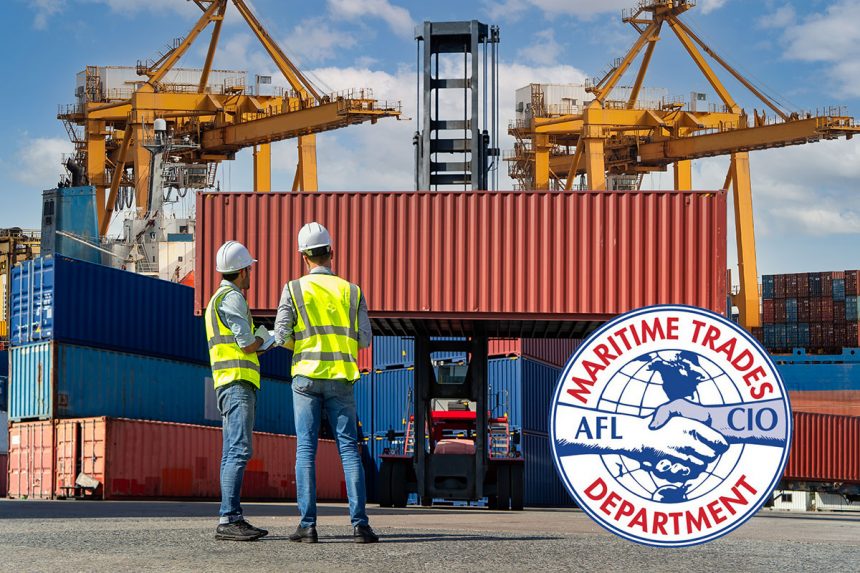In both prepared and oral testimony before a joint meeting of two subcommittees of the House Armed Services Committee on March 30, the head of the U.S. Transportation Command (USTRANSCOM) declared his support for vital U.S.-flag maritime programs like the Jones Act and the Maritime Security Program (MSP).
USAF General Darren McDew, commander of USTRANSCOM, stated the Jones Act and MSP are needed to provide trained American mariners who contribute to the nation’s defense.
When questioned by Rep. Duncan Hunter (R-CA), who served in Iraq as a Marine before being elected to Congress, about the importance of the Jones Act – the nation’s freight cabotage law – McDew replied: “There are several pieces of U.S. law that are part of the industrial base and it’s not just one. The Jones Act is probably the anchor for it, but without the Jones Act, without the Maritime Security Program, without cargo preference, our maritime industry is in jeopardy and our ability [to] project the force is in jeopardy.
“If we think we need to project our force with U.S.-flagged vessels, with U.S. mariners on board, we need all of those things right now to secure that,” added McDew who oversees the military’s logistics operations.
The general was the lone witness before a joint hearing of the Readiness and Seapower and Projection Forces subcommittees. He answered questions dealing not only with the U.S.-flag merchant fleet, but also on air power, rail operations, cyber warfare and the budget.
His written testimony noted, “Nearly 90 percent of wartime transportation requirements are delivered through strategic organic [government-owned] and U.S.-flagged commercial sealift. Without a healthy and viable U.S. Commercial Sealift Fleet, (Military Sealift Command) Surge Fleet and (Maritime Administration’s) Ready Reserve Force, our nation’s military may not be able to deploy as quickly and efficiently as it can today.”
The written testimony went on to call the U.S.-flag companies involved in MSP “essential to our wartime U.S. commercial sealift capability.”
McDew noted in both writing and verbally his concern about the aging Ready Reserve Force fleet, which he said averages 39 years of age.

